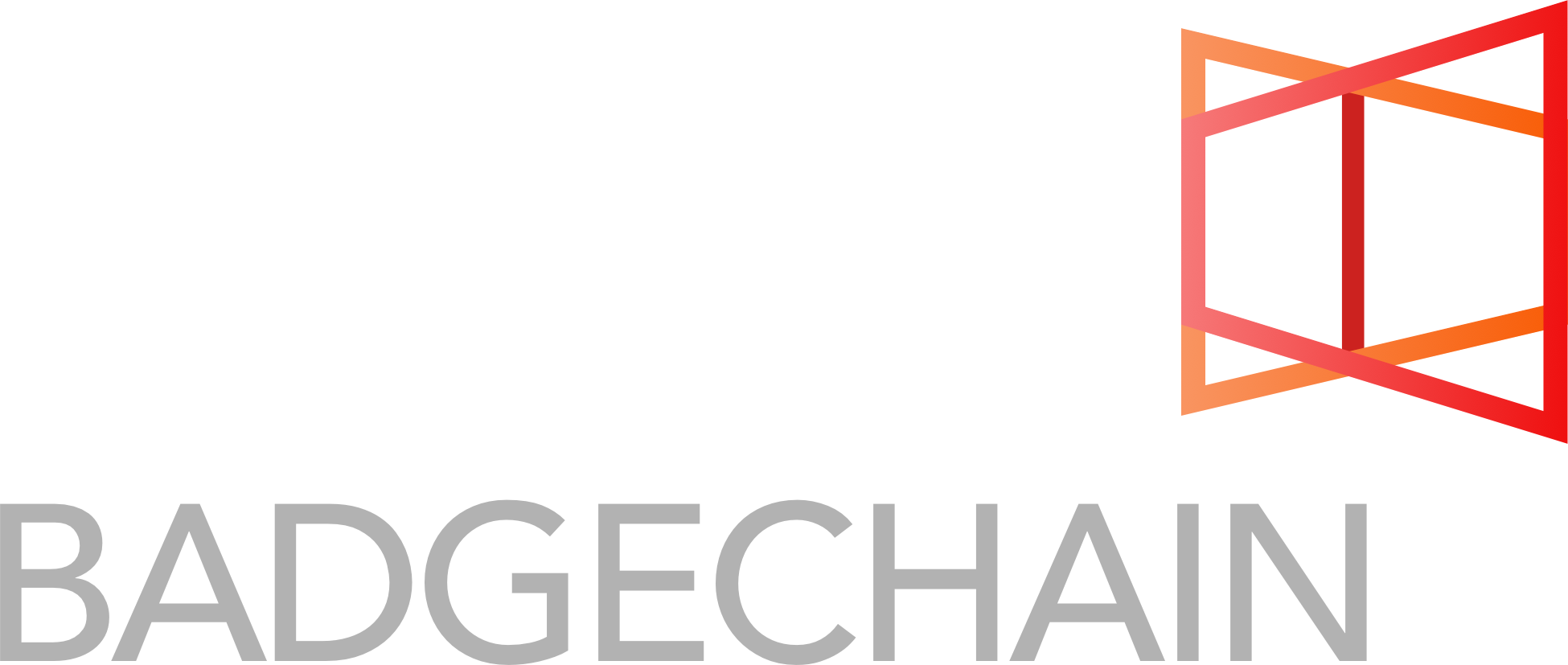Thoughtful use of technology can be an important means to an end in remedying global challenges, particularly political ones. Distributed and decentralized technologies can offer ways to disperse information on a global scale thereby lessening fears of deletion and alteration. Capricious governments, questionable officials, and bad actors can and will still occur, but the data stored in distributed networks is more robustly protected against those threats. Mesh networks with multiple points of origin and network redundancy can ensure that content is not lost or deleted without significant effort. The result: greater levels of access and trust.
Here are the two articles that inspired this newsletter. They provide technical insight into possible futures like the one imagined above. We recommend them to you as interesting data points in your consideration of blockchain technologies.
- What Can Blockchain Do for the Environment? — Alistair Dabbs
- After Trump’s election, Blockchain is more relevant than ever — Nathalie Drost
- Is Blockchain Technology Going To Disrupt Our Political System: We Hope So — Joseph Lubin
- Globalization failed too many people. Here’s the technology that could help it work for everyone — Alex Tapscott

Follow Us